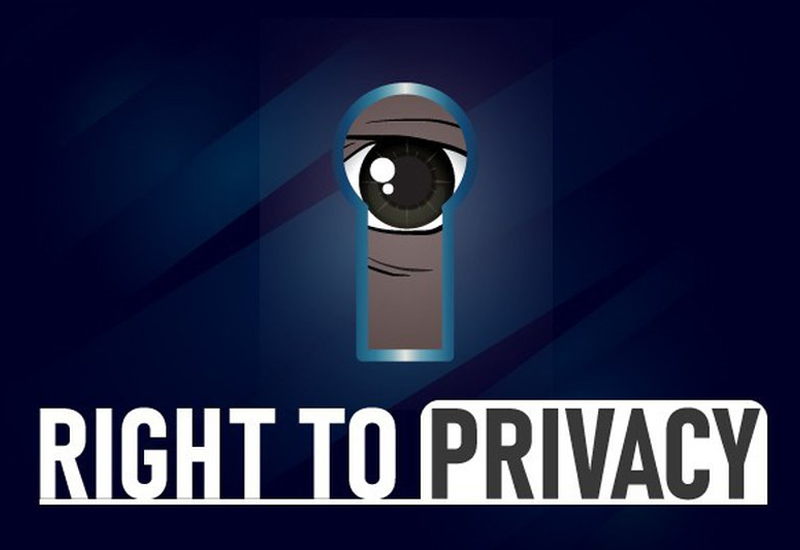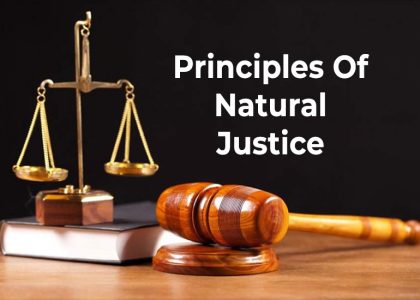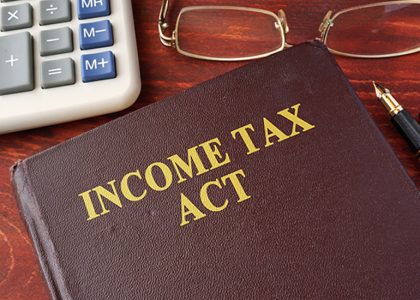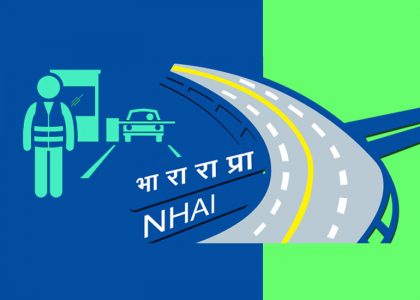INTRODUCTION
WHAT IS RIGHT TO PRIVACY?
Black’s Law Dictionary: “Right To Be Let Alone; The Right Of A Person To Be Free From Unwarranted Publicity; And The Right To Live Without Unwarranted Interference By The Public In Matters With Which The Public Is Not Necessarily Concerned.”
New Oxford English Dictionary: “Absence Or Avoidance Of Publicity Or Display; The State Or Condition From Being Withdrawn From The Society Of Others, Or From Public Interest; Seclusion.”
Jude Cooley Explained: The Law Of Privacy And Has Asserted That Privacy Is Synonymous To The Right To Be Let Alone.
Edward Shills Has Also Explained: Privacy Is A Zero Relationship Between Two Or More Persons In A Sense That There Is No Interaction Or Communication Between Them, If They So Choose.
INDIAN CONSTITUTION AND RIGHT TO PRIVACY
TRACING THE JUDICIAL APPROACH TO THE RIGHT TO PRIVACY
M.P. Sharma V. Satish Chandra3 (1954):
- Privacy For Consideration As A Fundamental Right First Came Before An Eight-Judge Bench Of Hon’ble Supreme Court In The Year
- Wherein While Dealing With The Power To Search And Seize Documents From The Dalmia Group, The Contours Of The Police’s Powers Of Search And Surveillance Were Outlined, It Was Held That There Is No Right To Privacy Under The
- Thus, The Court Adopted A Narrow And Formalistic Approach By Pointing To The Absence Of A Specific Constitutional Provision Analogous To The Fourth Amendment Of The US Constitution, To Protect The Right Of Privacy Of Indians From Unlawful.
- After Almost A Decade, Before A Six-Judge Bench Of The Hon’ble Supreme Court, The Privacy And Private Life Issue Once Again Emerged, Only To Be Rejected
- While Striking Down The Provision Of Chapter XX Of The Uttar Pradesh Police Regulations, Which Allowed For Domiciliary Visit At Nigh Visit, Secret Picketing Of The House Or Approaches To The House Of The Suspect, Periodical Enquiries By Police Officers Into Repute, Habits, Association, Income Or Occupation, Reporting By Police Constables On The Movements Of The Person, The Hon’ble Court Held That The Right To Privacy Is Not A Guaranteed Right Under The
- In Widening The Scope Of Liberty Under Article 21, The Court Held That ‘Personal Liberty’ Is Contained In Article 21 As A “Compendious Term To Include Within Itself All Varieties Of Rights Which Go To Make Up The Personal Liberty Of Man Other Than Those Dealt With In Several Clauses Of Article 19(1)”.
4 1963 AIR 1295
- In The Words Of SUBBA RAO, : “It Is True Our Constitution Does Not Expressly Declare A Right To Privacy As A Fundamental Right, But The Said Right Is An Essential Ingredient Of Personal Liberty. Every Democratic Country Sanctifies Domestic Life…..”
- The Hon’ble Supreme Court, Once Again Got A Chance To Dwell Into The Matter Of Right To Privacy, After 11 Years Of Kharak Singh Judgment, In Case Of Govind. This Time The Only Difference Was That The Bench Was Much Smaller Of 3
- Govind Challenged The Validity Of Regulations 855 And 856 Of The Madhya Pradesh Police Regulations Related To Surveillance, Including Domiciliary Visits, Similar To Kharak Singh Vs State Of Uttar Pradesh. The Hon’ble Court Upheld The Validity Of The Regulations By Holding That Article 21 Was Not Violated Because The Impugned Regulations Were “Procedure Established By Law” In Terms Of The Said
- Even Though Govind Lost The Case But While Accepting The Unifying Principle Underlying The Concept Of Privacy, The Hon’ble Court Noted That The Fundamental Nature Of The Right Is Implicit In The Concept Of Ordered
- However, Remaining Cautious, The Hon’ble Court Also Observed That In The Absence Of Any Legislative Enactment, This Right Will Pass Through A ‘Case-By-Case Development’.
- The Court, Speaking Through Matthew J. Said: “There Can Be No Doubt That The Makers Of Our Constitution Wanted To Ensure Conditions Favourable To The Pursuit Of Therefore They Must Be Deemed To Have Conferred Upon The Individual As Against The Government A Sphere Where He Should Be Let Alone.”
- On 24th August, 2017 A 9 Judge Bench Of The Supreme Court Delivered A Unanimous Verdict In Justice K.S. Puttaswamy Vs. Union Of India And Other Connected
- The Apex Court Quelled The Ongoing Quest Of Right To Privacy As Fundamental Right And Affirmed That The Constitution Of India Guarantees To Each Individual A Fundamental Right To Privacy. Albeit, The Decision Was Unanimous, The Verdict Saw 6 Separate Concurring











